10 Interesting Books To Get Into World Mythology
Of the various mythologies in the world, it seems like Greek Mythology is the one that gets all attention. From Percy Jackson to God of War, many pop culture franchises have their origins in Greek Mythology. Beyond that, many familiar words and terms have their origins in Greek Mythology.
Sadly, Greek Mythology getting so much focus has overshadowed a ton of interesting mythologies. Thankfully, there is a ton of intriguing books about non-Greek Mythology. These books either focus entirely on other Mythologies or treat it as just one of many Mythologies in the world.
Here is the list of 10 interesting books to get into world mythology:
1. The Illustrated Book of Myths: Tales & Legends of the World
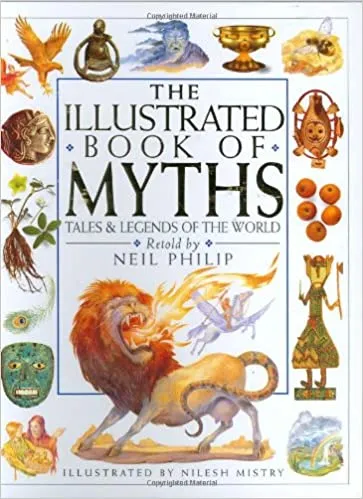
A personal favorite of mine, DK Publishing's The Illustrated Book of Myths is a great collection of illustrated myths. With tales ranging from the Labors of Hercules to the Ainu creation myth, nearly every region of the world has representation in this book.
Beyond the book featuring some more obscure myths, what sets it apart from many other books on the topic is its art. Every tale has at least one lavish illustration that does a great job of depicting a myth in an art style that looks nice and homages its cultural origins.
2. Mythology of the World
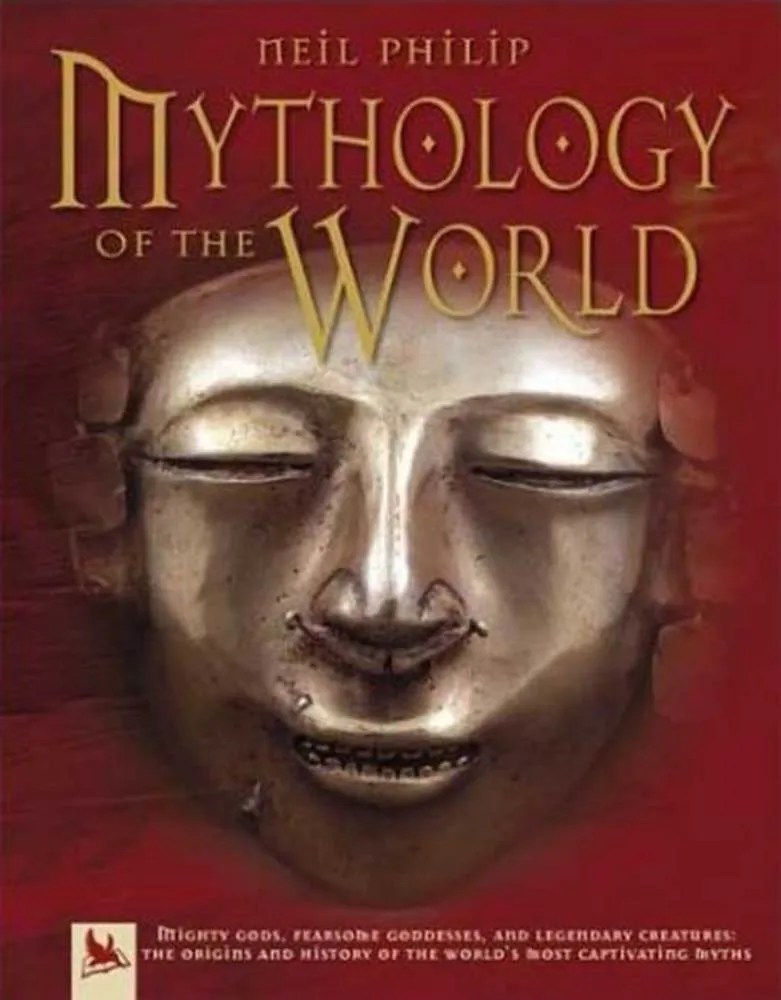
Speaking of books that highlight obscure mythologies, Mythology of the World takes a different approach. Instead of retelling various myths, this book is more interesting in exploring how Myths interact with the culture that created them.
This approach makes even its brief look at Greek mythology unique compares to other books on world Mythology. Beyond that, the book does a great job examining lesser-known mythologies from the Himalayas and South America. For example, it one of the few books that discuss syncretic folk religion in Mexico.
3. Neil Gaiman’s Norse Mythology

While thanks to Marvel, many people are familiar with some of the deities of Norse Mythology. However, many people are still not familiar with the myths that spawned characters like Thor and Loki. A great introduction to Norse Mythology is in the book of the same name by Neil Gaiman.
While the book's goal is to retell the Norse myths, The retelling features the prose and style of one of the great writers of the 21st century. That fact alone is worth the price of admission.
4. Creation Myths of the World: An Encyclopedia
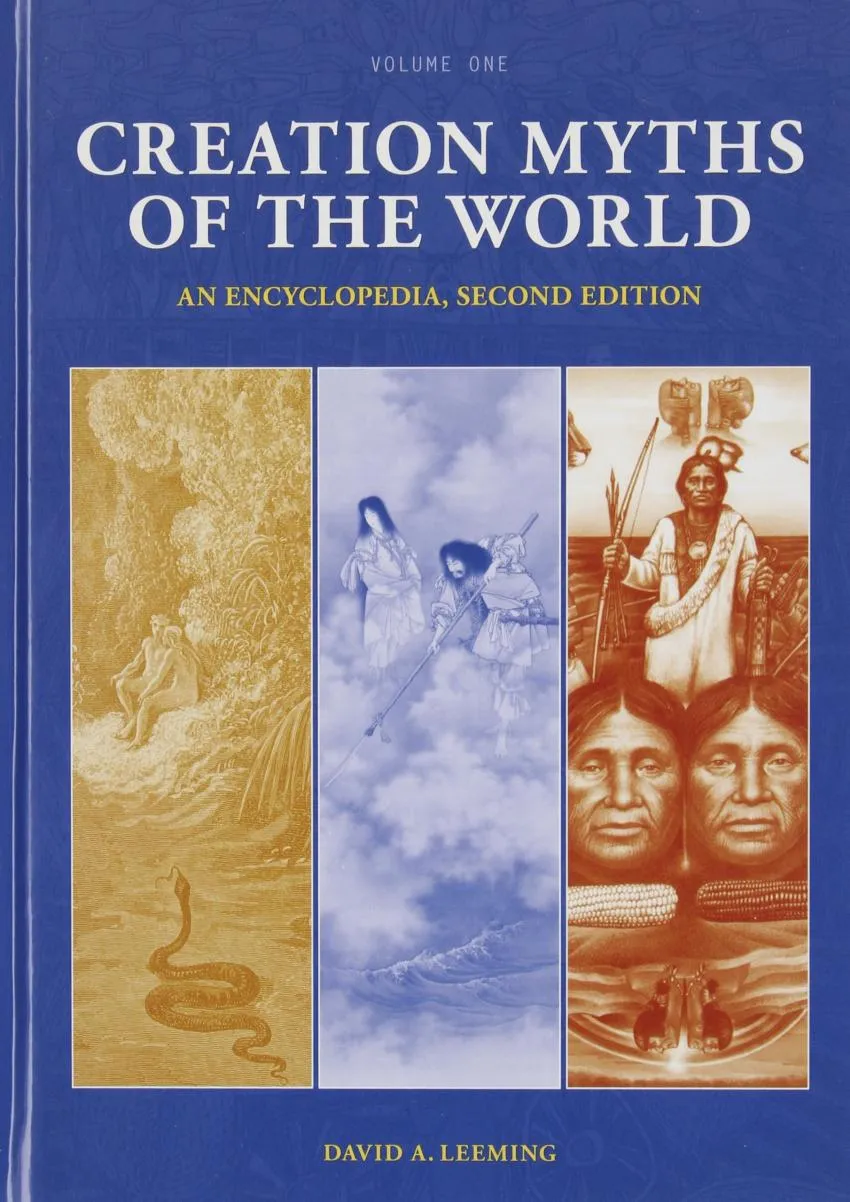
For those looking for a more kitchen-sink approach for their mythology, you can't go wrong with Creation Myths of the World. A two-volume Encyclopedia, Creation Myths of the World, covers over 200 different mythologies' creation stories.
This book not only collects various creation myths, but it also includes several essays that discuss these myths' theme. Another praiseworthy element within this book is that it features several myths retold by people from its original culture.
5. Kalevala
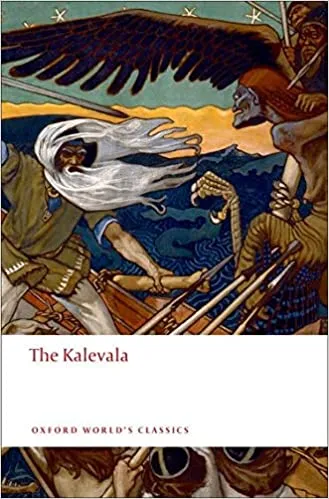
The Kalevala stands out for attempting to reconstruct a people's lost myths. Based on Elias Lönnrot's collection of Finnish and Estonia legends and folktales, Kalevala is viewed as the national epic of the Finnish people.
The Kalevala is a collection of 50 poems that focus on the lives of Väinämöinen and his companion. These poems are worth a read not just out of interest in lesser-known mythologies but also that these poems were a significant influence on J.R.R Tolkein and his Legendarium.
6. The Hero with a Thousand Faces
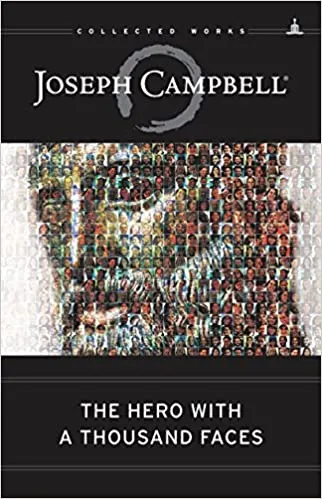
Speaking of books on mythology that had a huge cultural impact, the definitive example would be Joseph Campbell's The Hero with a Thousand Faces. The book examines a shared structure seen in myths around the world called the universal monomyth or Hero's Journey.
The book gives some unique focus to Australian and Asian mythology and features a good deal of retelling the myths that Campbell used to shape his argument about the monomyth. Beyond that, this book's idea of the monomyth influenced a great deal of work 20th century works like the original Star Wars trilogy.
7. Gods and Robots: Myths, Machines, and Ancient Dreams of Technology
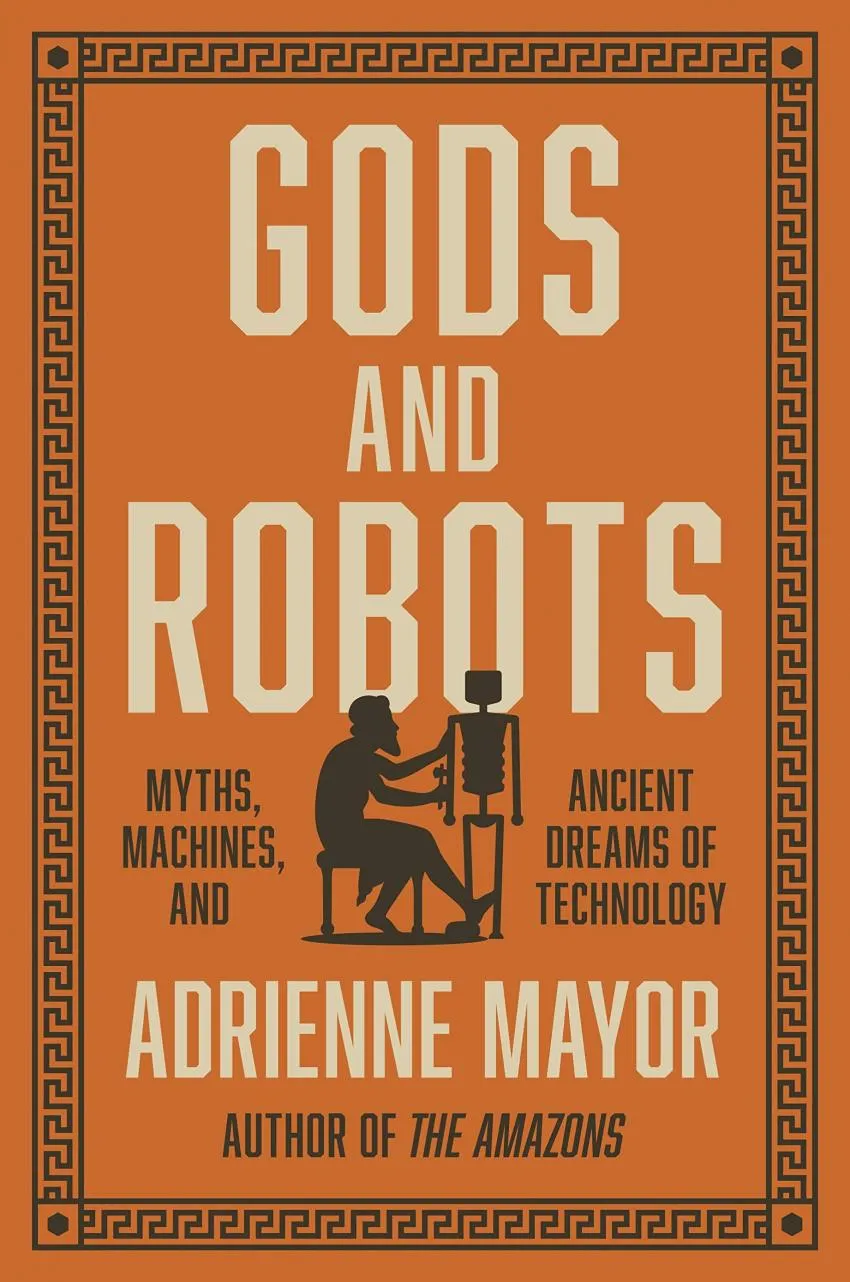
Speaking of mythology and science fiction, Gods and Robots examine various mythologies for the theme of advanced technology. Primarily the book examines how ancient people's myths reflect their views toward technology and its potential advancement.
While the book spends its first part focus on Greek mythology, its second half focuses on Chinese and Indian mythology. Particularly of interest is the book retelling of an Indian myth that depicts Rome as a technologically advanced city that protects its technology through robot-like assassins.
8. Comparative Mythology
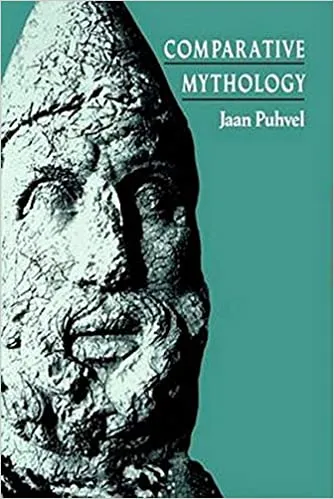
While The Hero with a Thousand Faces explains myth comparatively to find thematic connections, this book seeks to do it from a cultural perspective. This book examines common themes and archetypes of the mythologies of the Indo-European people.
While Jaan Puvhel deals with familiar myths and gods from Greek and Norse Mythology, he also discusses more obscure Slavic and Baltic myths. He even attempts to use these myths' common themes to reconstruct a prehistoric Proto-Indo European Mythology.
9. The Masks of God
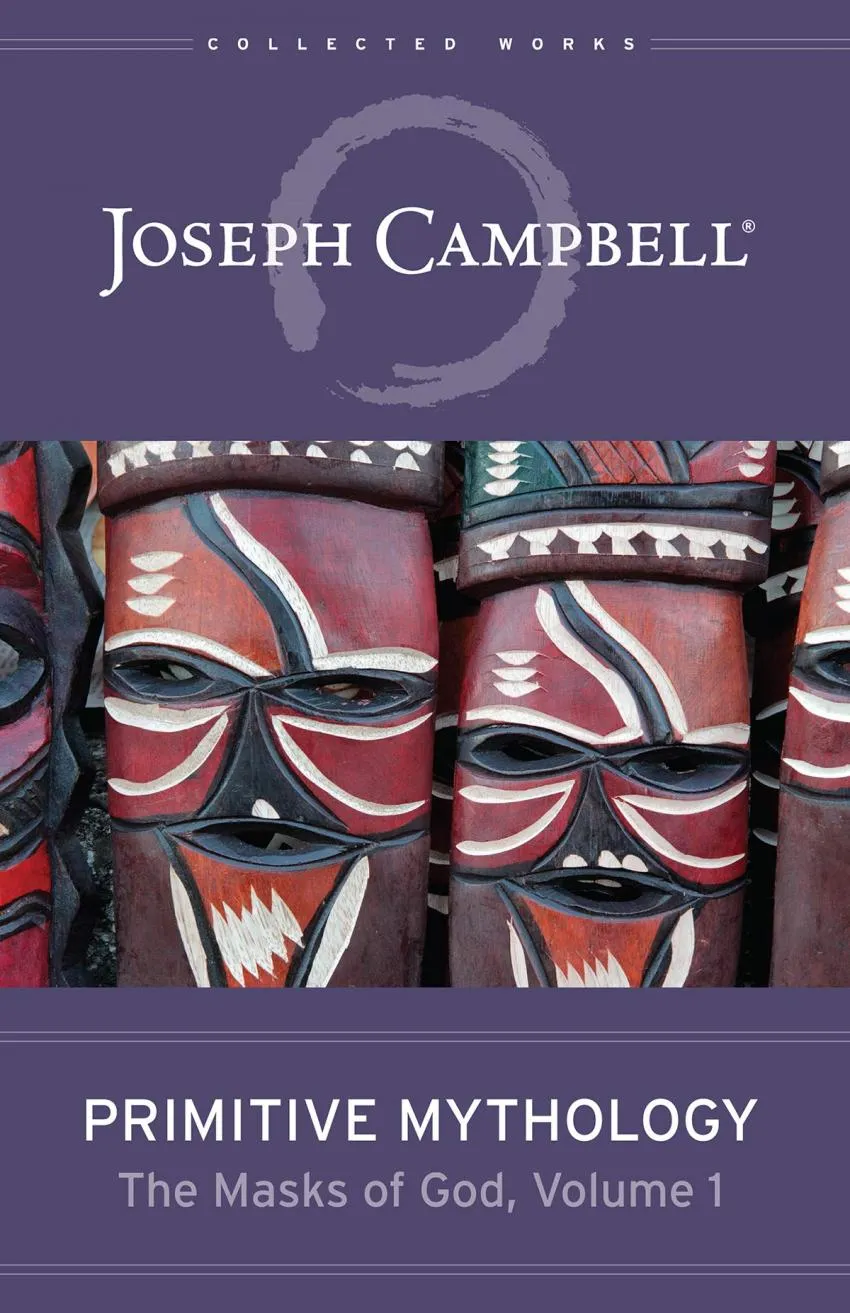
An expansion of Joseph Campbell's monomyth theory, The Masks of God, examines how different cultural contexts led the monomyth to evolve into distinct mythologies. The book is a bit long, published originally as four books, but provides an in-depth examination of how culture shapes mythology.
Throughout The Masks of God, Campbell examines a wide range of mythology from various tribal mythologies to ones created by contemporary fiction. The book provides myths from a variety of cultures and challenges our definition of the term.
10. The Amazons: Lives and Legends of Warrior Women Across the Ancient World
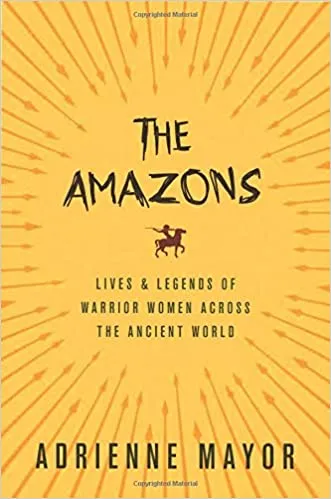
From the author of Gods and Robots, The Amazons examine the recurring mythical theme of the female warrior tribe. Starting with the well-known Greek myth of the Amazons, Mayor examines various legends around the world about warrior women to determine their historical origin.
What makes this book noteworthy is its examination of the thin line between myth and ancient history by examining the overlap seen in how the Amazons reflected encounters between the Greek and the nomadic people of Central Asia. The book also includes a comparative examination of how Central Asian mythology depicts warrior women.
Conclusion
These ten books represent a small part of the works that discuss mythology beyond just Greek Mythology, representing a great gateway to understanding the variety of mythologies from around the world. These books range from in-depth scholarly text to illustrated young-adult fiction, which shows they're books on mythology for everyone.
It should how Greek Mythology has unfairly overshadowed other mythologies.
Opinions and Perspectives
I love how The Illustrated Book of Myths makes mythology accessible to everyone. The artwork really helps bring these ancient stories to life.
Just finished Neil Gaiman's Norse Mythology and I have to say his writing style really captures the epic nature of these tales. Anyone else read it?
The Hero with a Thousand Faces completely changed how I view storytelling. It's amazing how Campbell found these universal patterns across different cultures.
I found the Gods and Robots book fascinating. Never thought ancient cultures had stories about artificial beings and advanced technology.
While these books look interesting, I still think Greek mythology is popular for good reason. The stories are just more compelling and relatable.
Actually, I disagree. I think Greek myths seem more relatable because we're more exposed to them. The Finnish Kalevala has equally compelling characters and themes.
The section about The Amazons book really caught my attention. I'm intrigued by how it connects myths to historical events.
Has anyone read Mythology of the World? I'm particularly interested in the Mexican folk religion part they mentioned.
The Creation Myths encyclopedia sounds comprehensive, but two volumes? That's quite a commitment for a casual reader like me.
You'd be surprised how quickly you can get through it! I started just browsing specific myths I was interested in and ended up reading much more.
I wish more people knew about non-Western mythology. There are so many incredible stories from Asia and Africa that deserve attention.
Honestly, I feel overwhelmed by where to start with world mythology. Which of these books would you recommend for a complete beginner?
The Illustrated Book of Myths would be perfect for beginners. The visuals help you remember the stories and characters better.
I love how the Kalevala influenced Tolkien. You can really see the Finnish influence in his work once you know about it.
The Gods and Robots book seems ahead of its time. Ancient people thinking about artificial beings is mind-blowing.
Not really surprised about ancient civilizations imagining advanced technology. Humans have always dreamed big.
I appreciate that these books include perspectives from people within the cultures they're discussing. Makes it more authentic.
The Hero with a Thousand Faces is brilliant but dense. Took me three attempts to finish it.
What fascinates me most about Comparative Mythology is how it traces common themes across different cultures.
Anyone else find it interesting how many creation myths share similar elements despite coming from completely different parts of the world?
The Masks of God seems like it would be perfect for my dissertation on cultural evolution of myths.
I started with Norse Mythology because of Marvel movies, but the real myths are so much more interesting!
Reading about these books makes me realize how much Western education focuses on Greek mythology at the expense of others.
The Amazons book really challenges our assumptions about gender roles in ancient societies.
Just ordered Mythology of the World. Really excited to learn about those Himalayan myths they mentioned.
These books show how mythology isn't just about stories, but about understanding different cultures and ways of thinking.
The description of that Indian myth about Rome in Gods and Robots sounds incredible. Never heard anything like it before.


